Many of our readers may have memories from their school years of lessons about population growth – or perhaps memorable situations when population talk was avoided. As far as we know, there are few studies regarding how population is taught around the world. TOP wants to know more about this, whether your memories are from elementary school, university, or any level in between.
by The Overpopulation Project
Education is often mentioned as a factor that can reduce fertility rates and family size, especially in the developing world. To some extent this is probably true, but education can take many forms, some of which can undermine efforts to reduce birth rates. For instance, teachers might avoid connecting overpopulation to environmental problems, even when the connection is obvious and important. They might avoid discussing contraception and its use in health classes; particularly in religious schools, they might emphasize “children are a gift from God”.
In most developed countries, knowledge about the negative effects of population growth seems to have been buried, and we hear of hopes that the problem will solve itself though “development”. Yet most TOP readers know that this is a dangerous belief. We like to ask those taking this position, what would the projected extra 3 billion people, in an already overpopulated world, mean for wildlife, human living standards, and the protection of essential global ecosystem services?
Education is shaping our future generations, right now: their knowledge and norms. Therefore, a balanced treatment of all major factors influencing our future, including excessive consumption and population growth, is needed in schools. In university classes in ecology, it seems that students easily realize what population growth can mean. But how often do ecologists teach this?
In academic literature, population growth was once a central topic in environmental conservation and food security but is now rarely mentioned or mentioned in order to dismiss and disparage. We found the same trend in a Swedish environmental magazine, between 1950 and 2017. The UK researcher Diana Coole provided an anatomy of the ways writers dismiss and silence population discourse, ranging from population scepticism to shaming, and we see these dismissal strategies emerge in the literature over time. But we don’t know of any study of how formal education has treated population issues over time. So we’re reaching out for your anecdotes.
Please help illuminate this issue by writing down experiences from your own education! Give us all kinds of examples, including what you judge as positive and negative teaching. Please tell us when and where your experience happened. You can write directly under this blog in the box under “Leave a reply”.
Alternatively, message us at https://overpopulation-project.com/contact/ That way we can contact you in reply. You might like to propose a blog. Whether you use comments or contact, we’re hoping to compile your experiences in a future article.



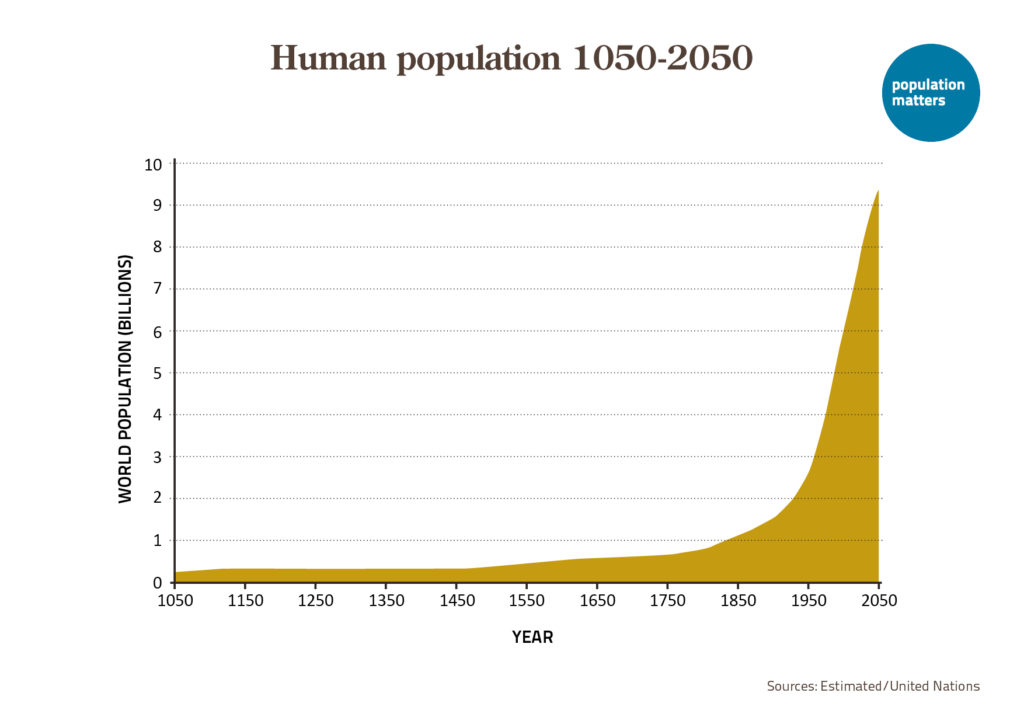
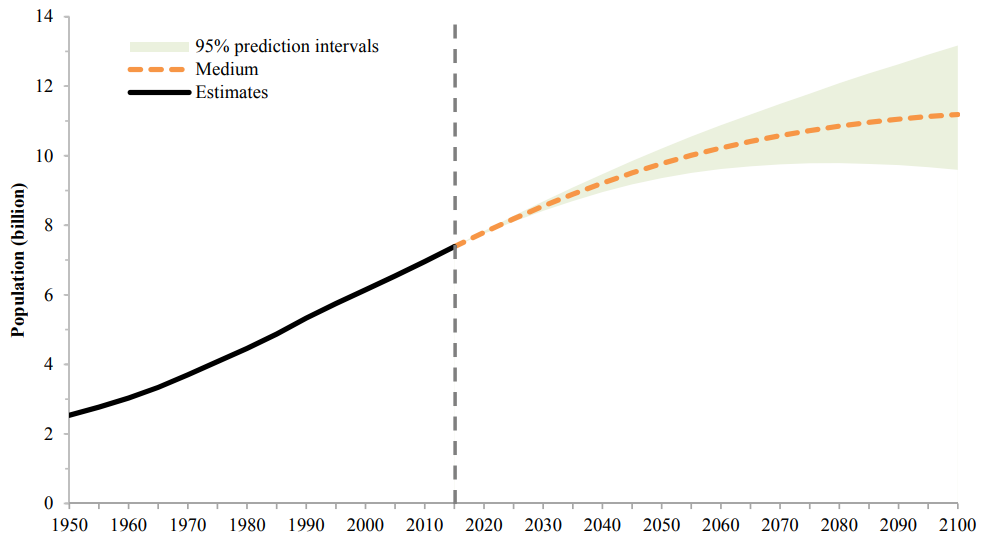
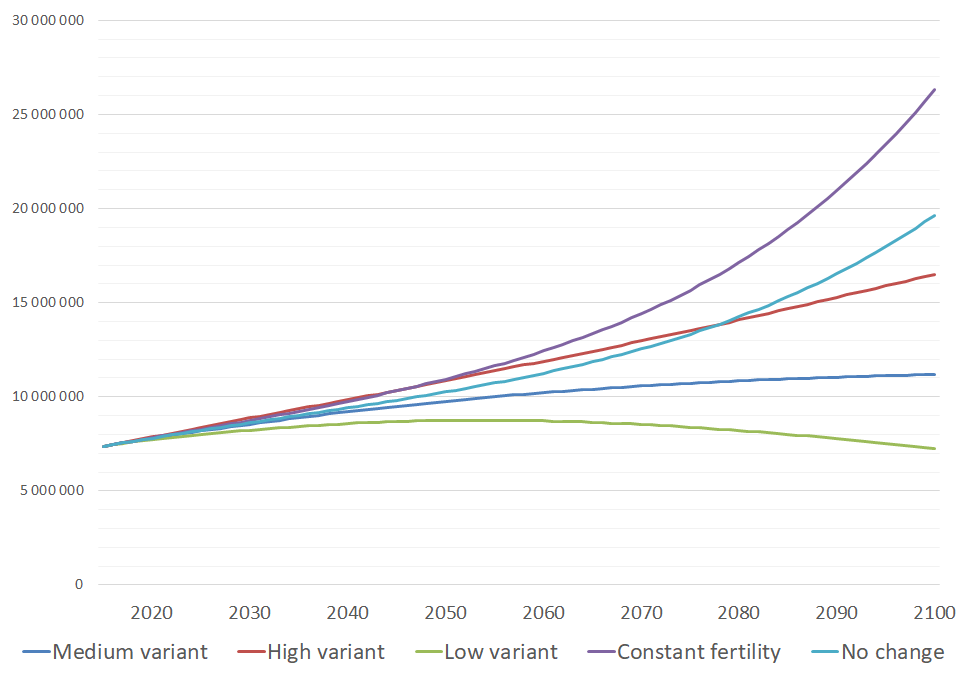
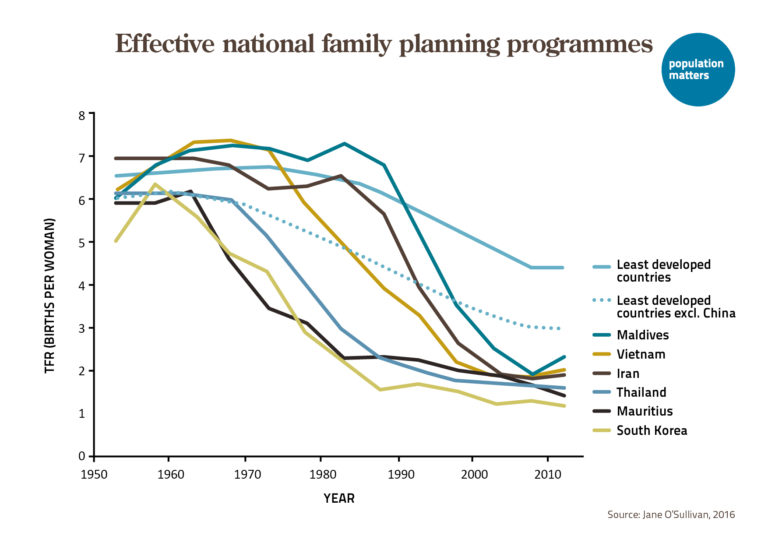

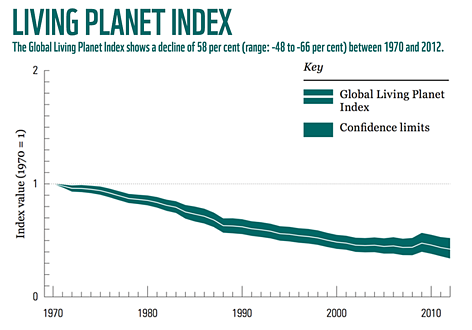
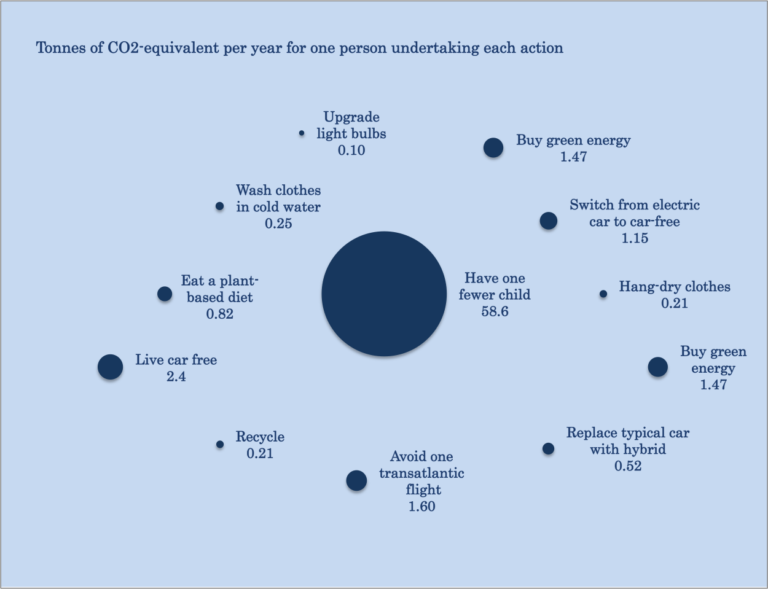

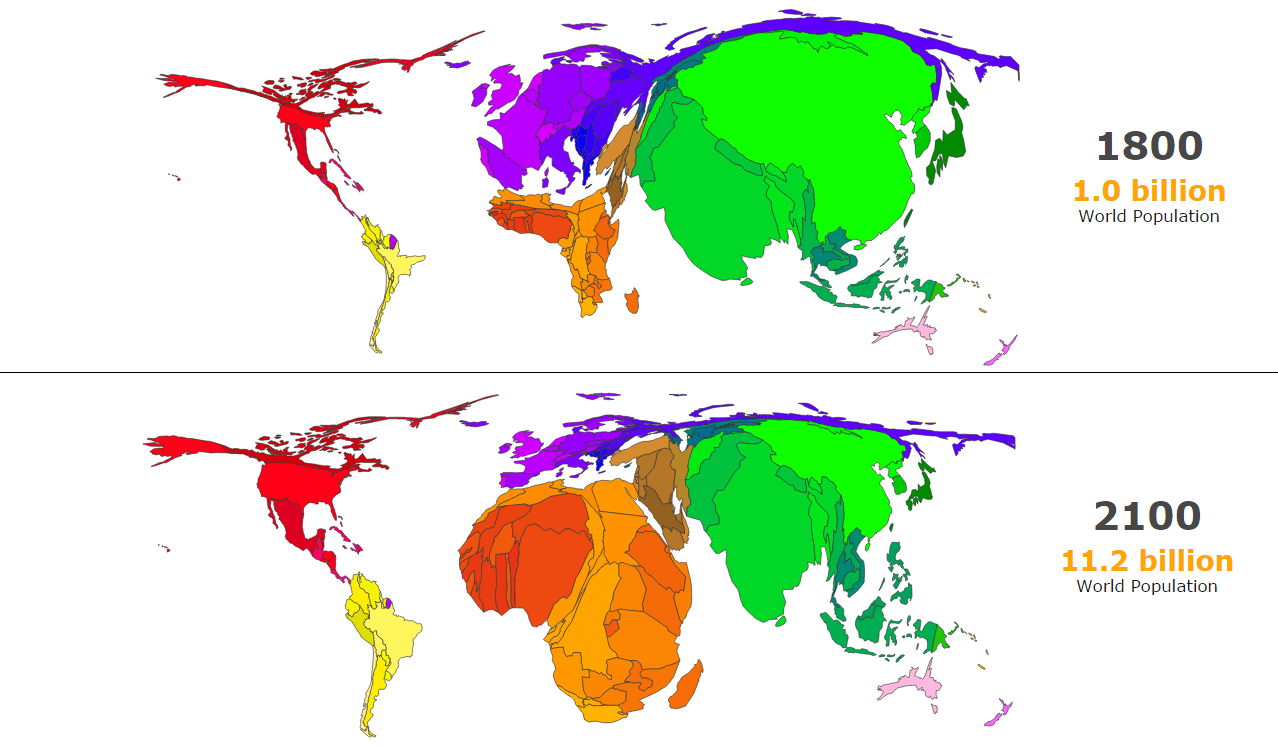
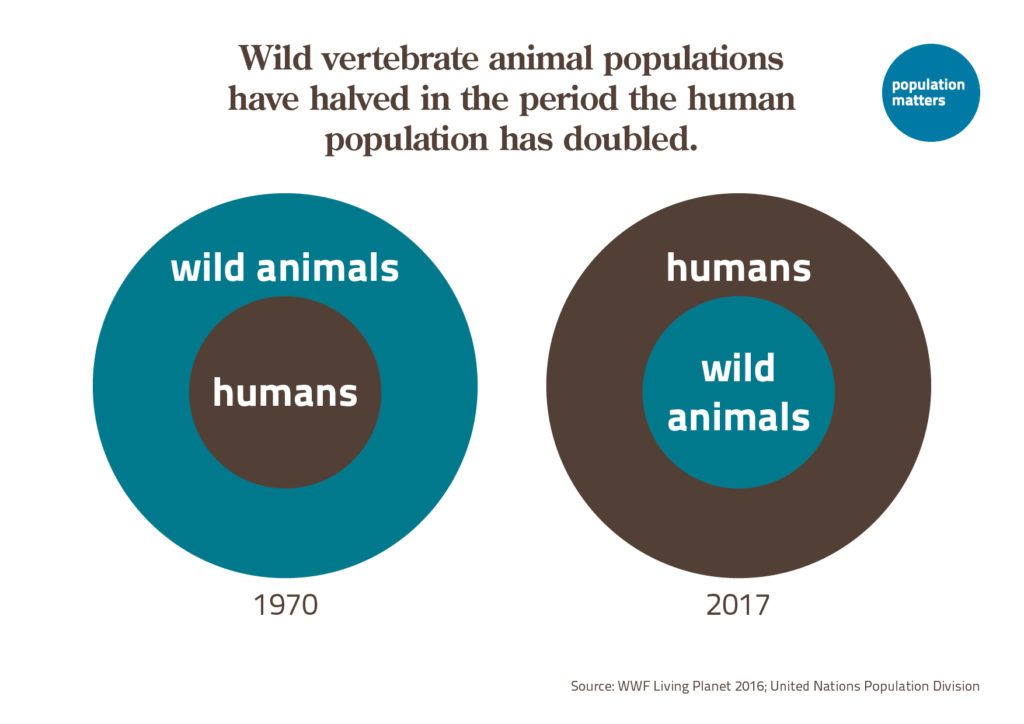
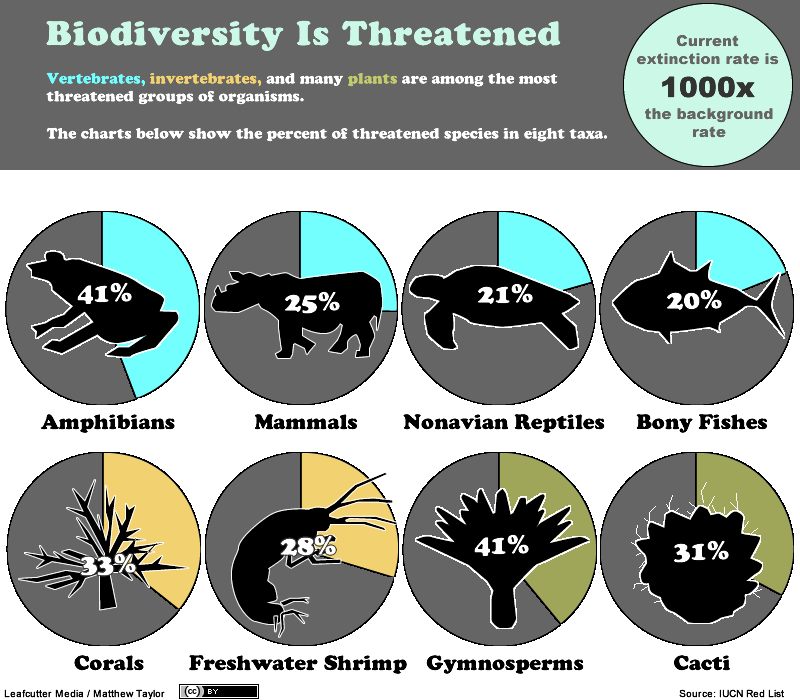
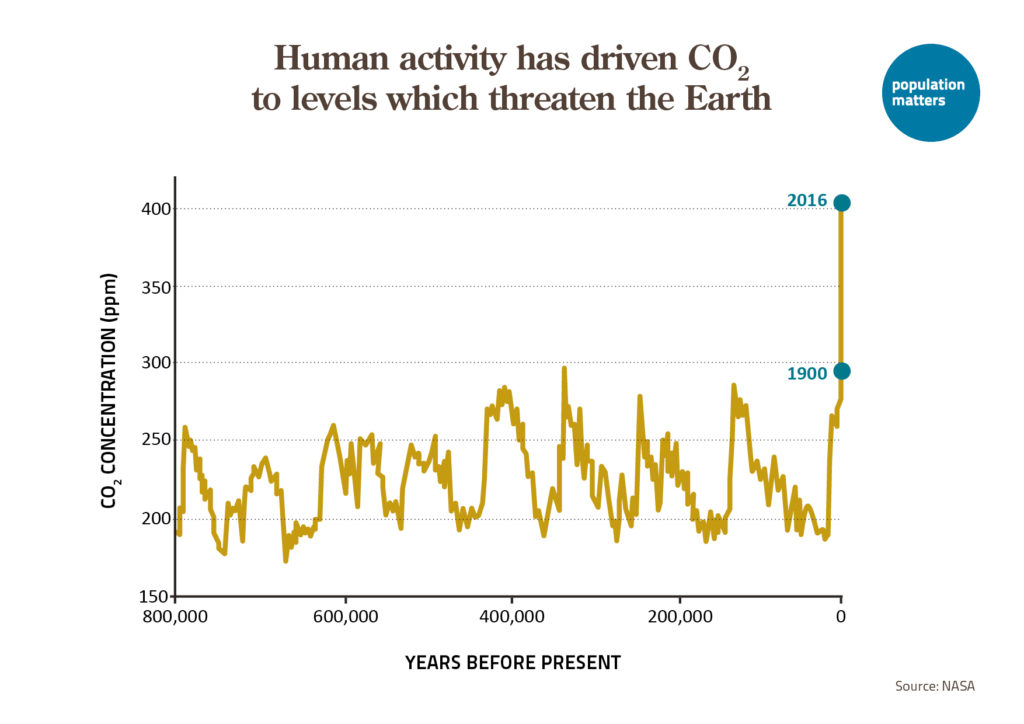
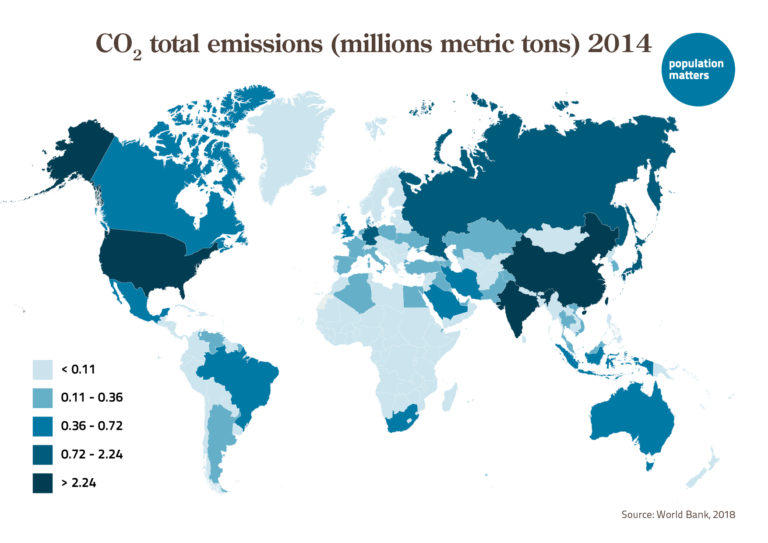

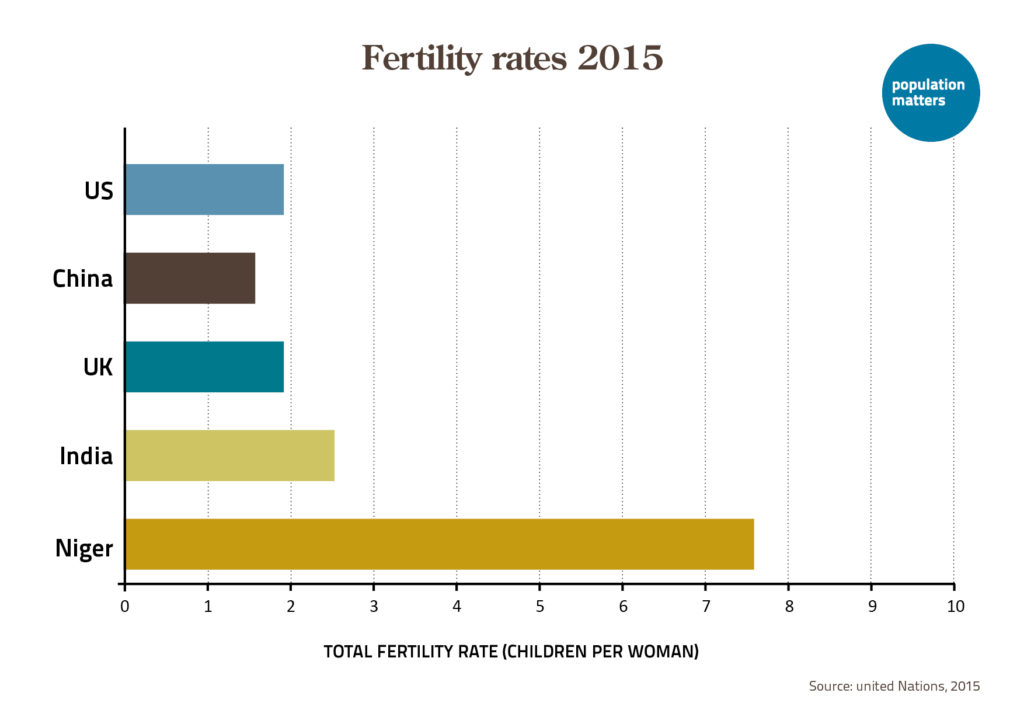
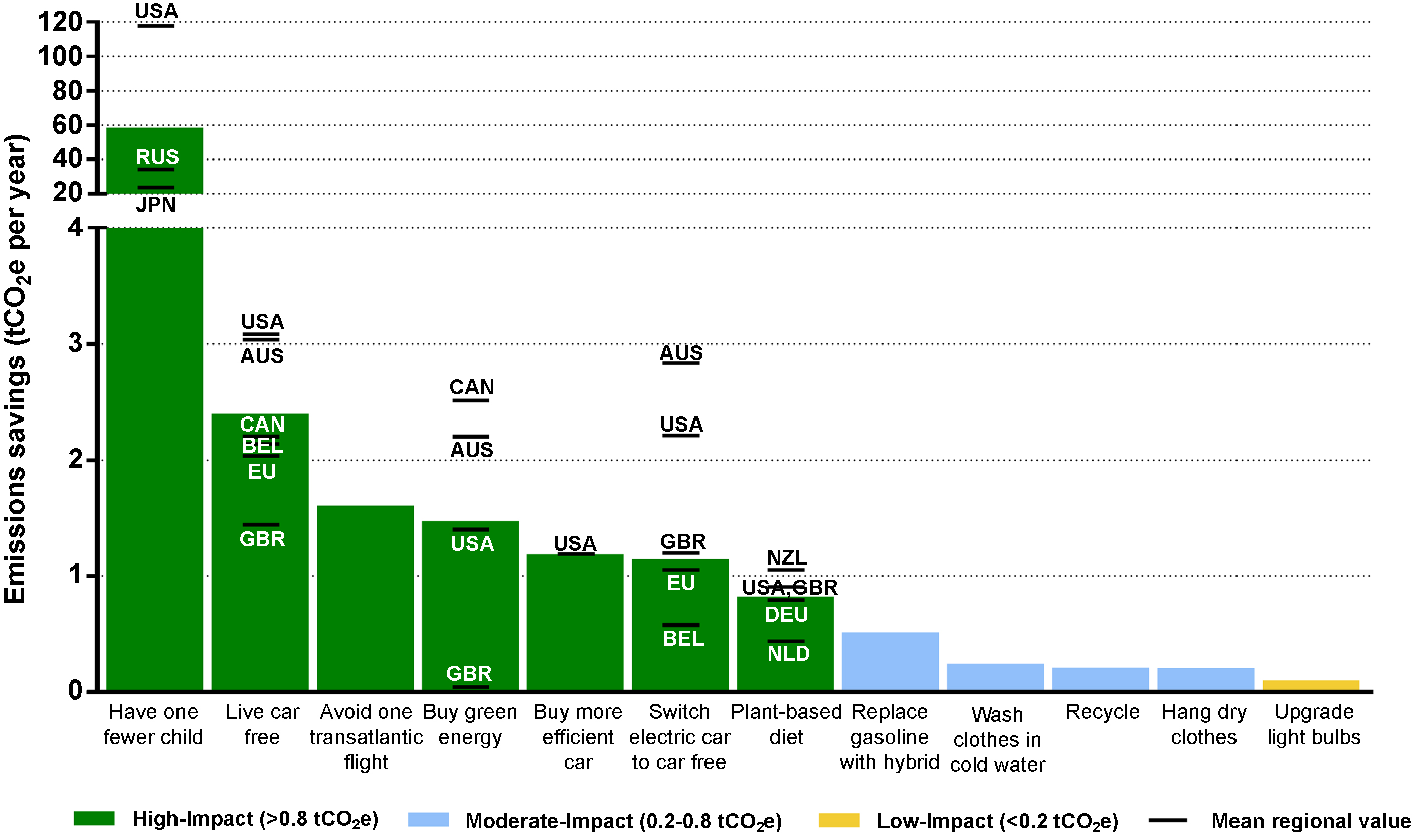



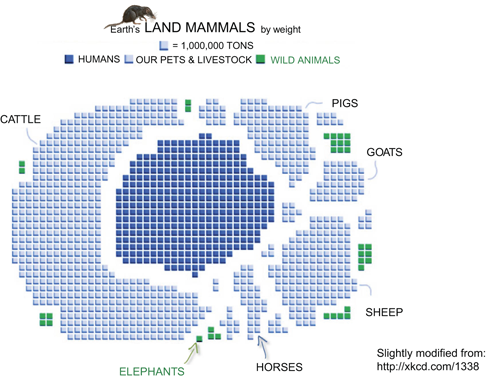

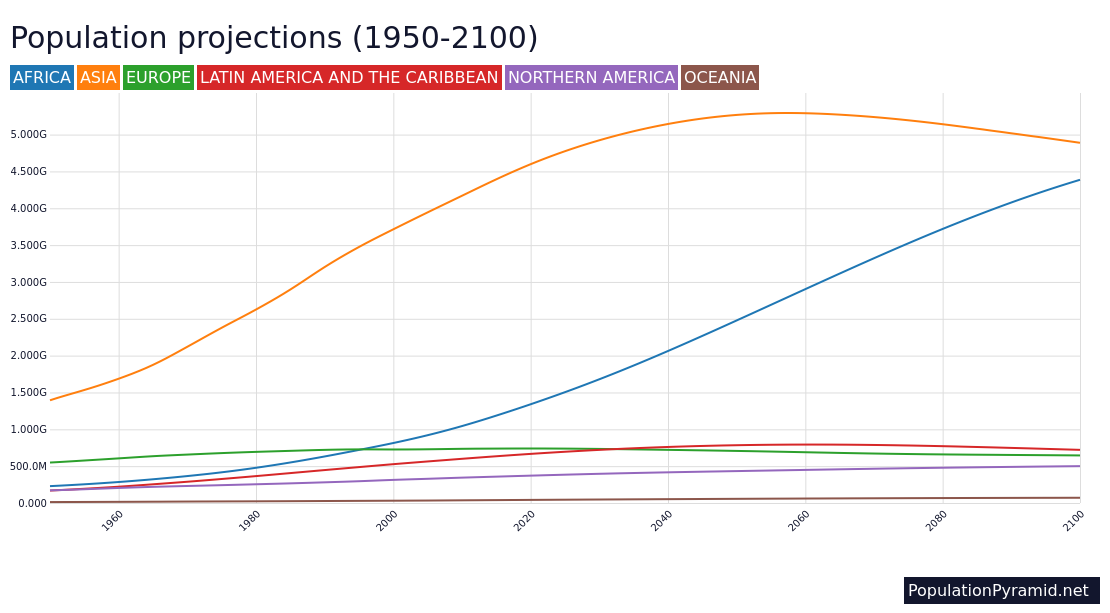
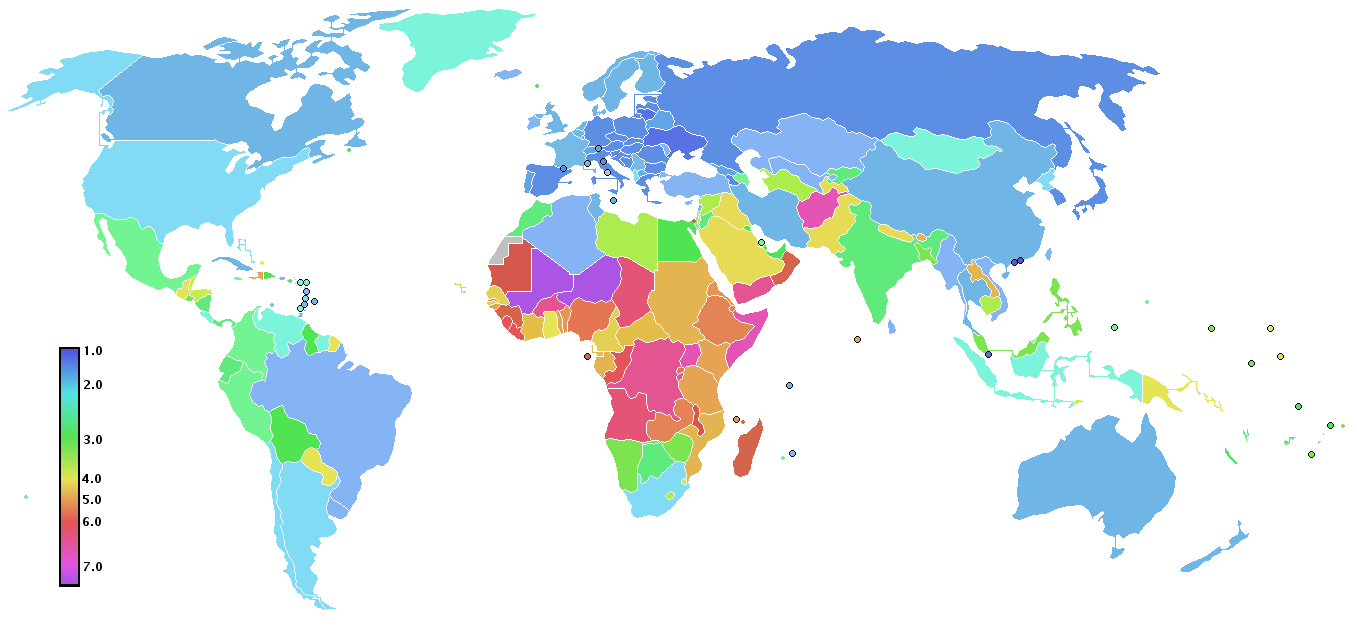
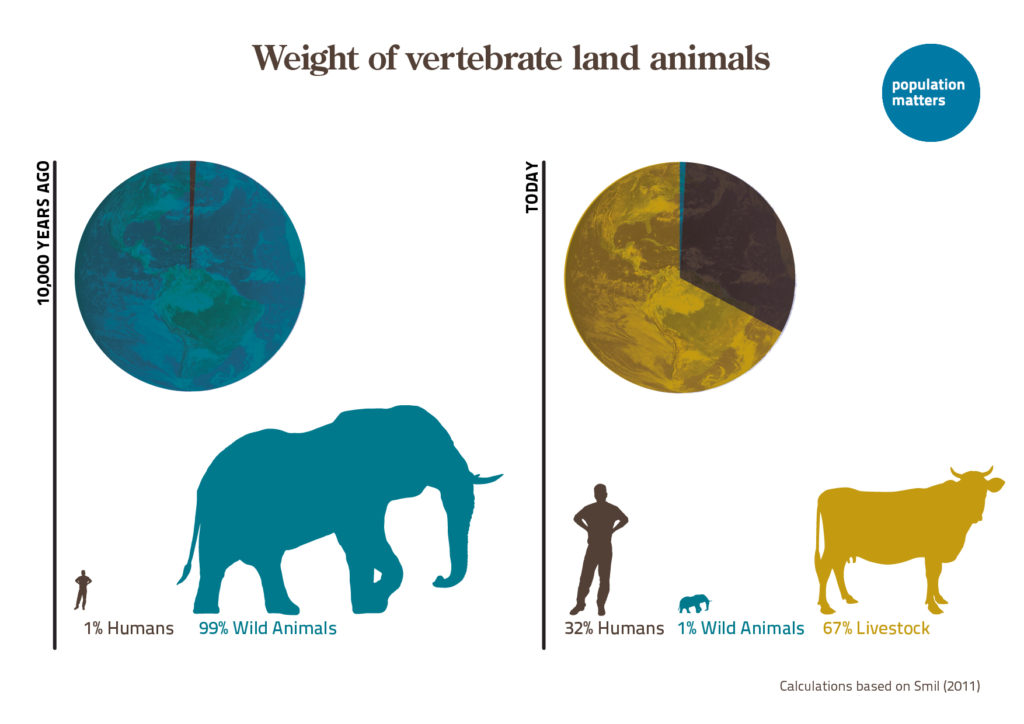

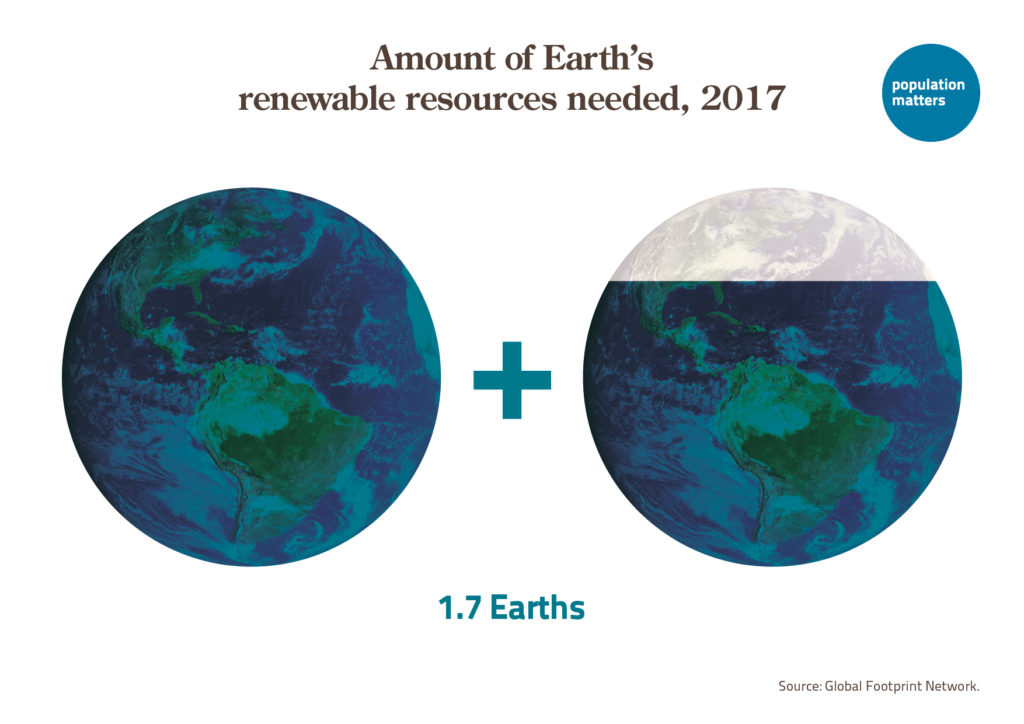


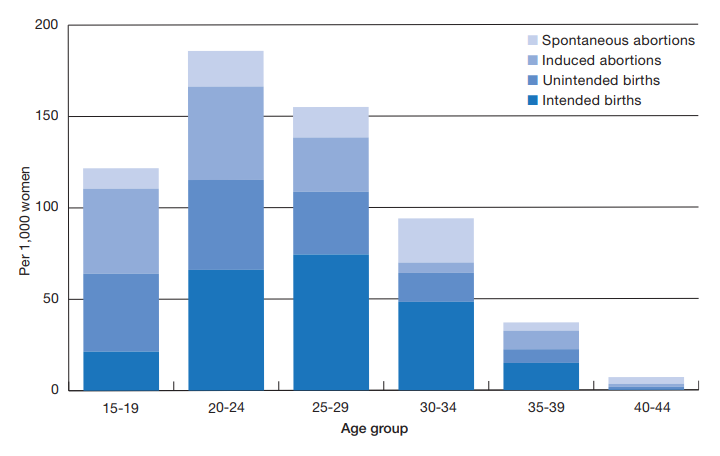
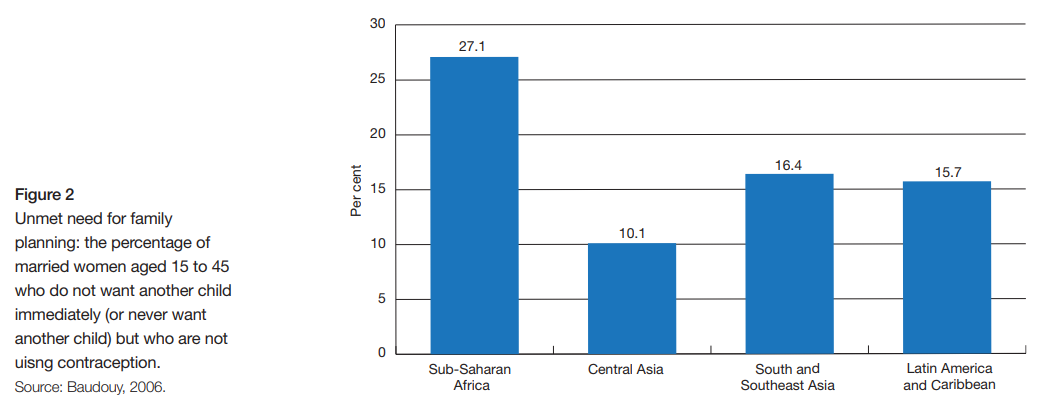
Leave a Reply